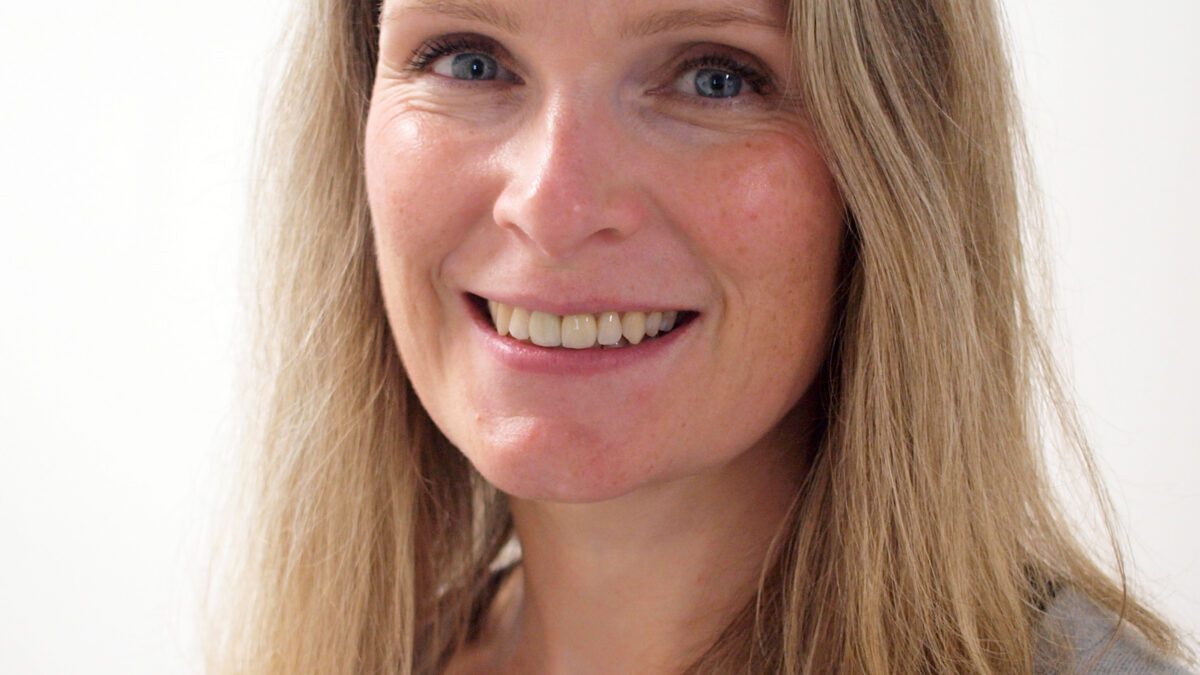Collaboration between academia, government and the NHS is crucial in the life sciences sector – and that’s where Edinburgh Innovations comes in
We have come a long way from the fabled 19th-century Edinburgh lecture theatre packed with students spellbound at the evisceration of one of Burke and Hare’s victims – or even the revolutionary discoveries of Lord Lister in Glasgow or Sir Alexander Fleming in St Mary’s, Paddington.
The Life Sciences Scotland Industry Leadership Group’s ambition to ensure the industry achieves a turnover of £8 billion by 2025 underlines the success of a country still punching well above its weight in a vital sector.
Crucial to this aim, of course, is collaboration between academia, government and the NHS – the so-called triple-helix approach in which academic research supports companies to develop new products while the NHS provides the clinical experience and data to allow products to be taken to market.
During the pandemic, national broadcasters sought advice and comment from academics at the University of Edinburgh such as Professors Linda Bauld, Devi Sridhar and Eleanor Riley on an almost daily basis.
Meanwhile, its researchers were joining forces with commercial companies to develop quickly new technologies to help tackle Covid-19, with Edinburgh Innovations (EI), its commercialisation service, accelerating its procedures for work between academic researchers and industry.
“Essentially our role is to get the ideas out of the university,” says Dr Susan Bodie, head of business development at the College of Medicine and Veterinary Medicine. Dr Bodie is on EI’s leadership team and says it has been another outstanding year in terms of translational and industrial interaction. “This involves taking the ideas within the university and developing them into something that can benefit wider society. That can be an economic benefit to a company or it could be enhancing research or indeed changing health practice.”
Some of the recent and current projects supported by EI illustrate the practicalities of this approach. One was the announcement last month that scientists and leading transplant surgeons from the University of Edinburgh’s SensiBile project team have partnered with Integrated Graphene to develop a point-of-care biomedical test that will revolutionise the safety of liver transplants with non-invasive liver transplant viability testing.
Resolution Therapeutics, a bio-pharmaceutical spinout company developing macrophage cell therapy to treat advanced liver disease, completed a £10 million financing extension this year from Syncona, and announced a new collaboration with biotech firm panCELLa.
“We’re very good at basic biology in Edinburgh and are extremely keen to attract industry and larger companies to come and work with us so that we can make even more improvements to treatments and processes,” says Dr Bodie, who adds that there are meaningful opportunities that EI can benefit from in terms of Scotland’s ability to be at the forefront of the life sciences sector.
Dr Bodie concedes that life sciences in the UK tend to be concentrated in the ‘golden triangle’ of Oxford, Cambridge and London where the big pharma companies such as AstraZeneca tend to have their labs located beside the universities.
Scotland is however very innovative with what it does have and in recent years has spun out some very interesting companies. Bodie highlights Pheno Therapeutics, which is uniquely positioned to provide novel treatments that could halt the progression and alleviate the distressingly debilitating symptoms of multiple sclerosis.
Another challenge is the current lack of manufacturing capacity in Scotland: “With liver disease, for example, we have extremely good research including very early-stage information through to the cell therapies that are being developed but without the advanced manufacturing capability to produce the technology at scale.”
Adequate funding is of course the perennial challenge and Dr Bodie says there is a need for a “leap forward” in terms of how this is achieved. “This means the industry engaging with the university as a whole, rather than with individual academics so they can access a wide variety of different technologies to deliver truly innovative responses,” she says.

Dr Susan Bodie, a member of Edinburgh Innovations’ leadership team, says it has been another outstanding year in terms of translational and industrial interaction



